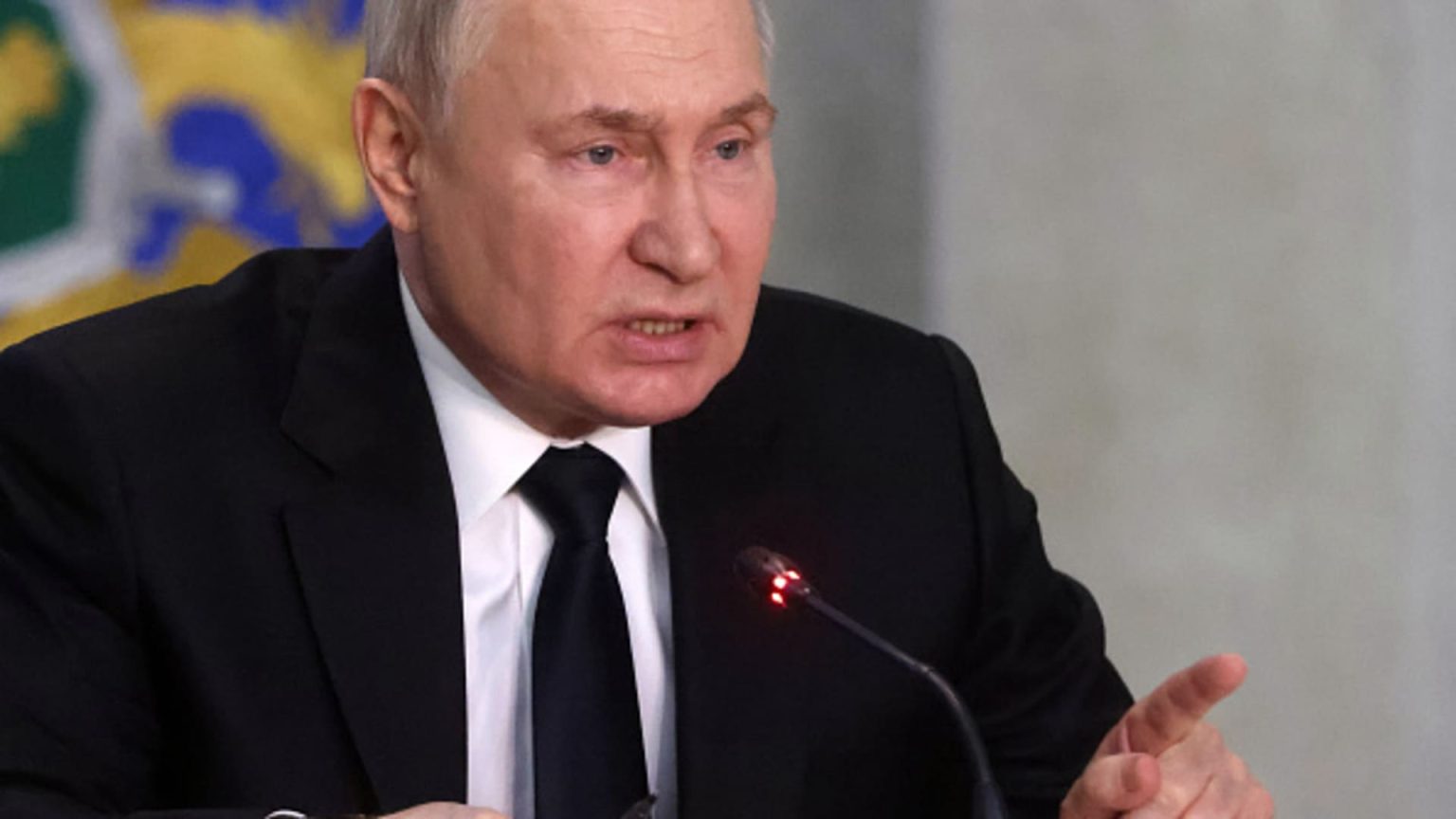The narrative in Russia has shifted to blame Ukraine for a deadly terrorist attack in Moscow, despite the Islamic State claiming responsibility. The Kremlin has accused the West of conspiring with Ukraine to carry out the attack, raising tensions and the possibility of escalating the conflict in Ukraine. Ukraine has denied any involvement, calling Russia’s claims propaganda, while the U.S. and the U.K. have dismissed the allegations as nonsense. The lack of evidence to back up Russia’s claims has put pressure on Moscow to provide proof of its accusations.
Senior Russian officials, including President Putin, have doubled down on the conspiracy theories, alleging that Ukraine, along with the U.S. and U.K., orchestrated the attack. However, without concrete evidence to support these claims, the Kremlin’s narrative appears to be driven by a need to deflect attention from intelligence failures in preventing the attack. The confusion within the Russian leadership about how to address the situation demonstrates a struggle to reconcile information operations with intelligence and law enforcement lapses.
Despite the Islamic State’s claim of responsibility and discrepancies in the attackers’ motives and actions, the Kremlin is unlikely to back down from its false claims of Ukrainian and Western involvement in the attack. Conspiratorial thinking has been prevalent in Russia since the collapse of the Soviet Union, and Putin is likely to capitalize on this sentiment to maintain support and divert attention from internal issues. The lack of a consistent narrative from Russian officials indicates a level of shock and uncertainty within the elite circles following the attack.
Furthermore, the narrative of attackers fleeing towards Ukraine contradicts information from Belarusian President Lukashenko, who stated that the attackers initially fled towards Belarus. The contradictions and anomalies in the narrative raise questions about the credibility of the Kremlin’s claims and the broader context of the attack. The manipulation of facts and dissemination of false information suggest a strategy to shape public opinion and deflect blame from internal security failures, rather than a genuine search for truth or accountability. Russia’s continued promotion of conspiracy theories highlights a deep-seated paranoia within the leadership that shapes decision-making and international relations.


